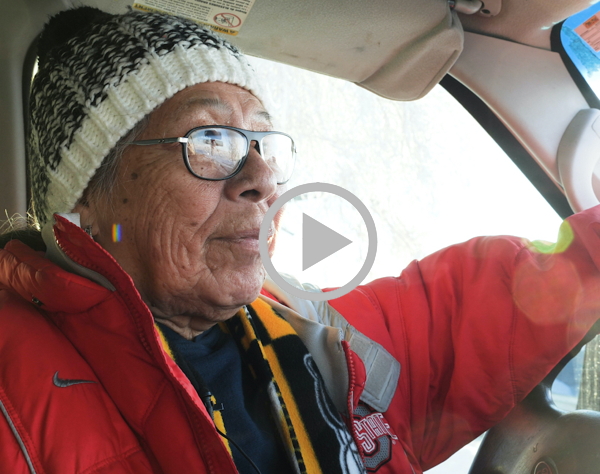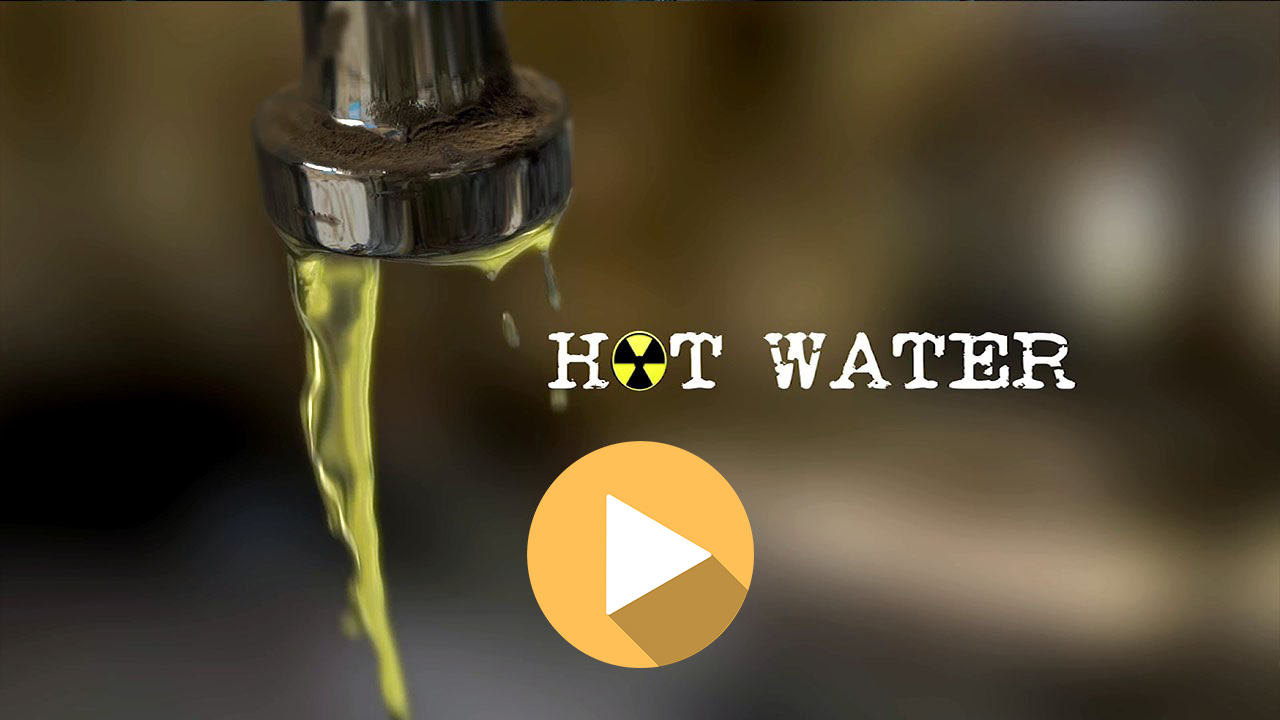
I hope your holiday season has been filled with love, family, and all the comforts of home. As mentioned a couple times over the past few weeks, we’re grateful to bring these human necessities to children in our new foster home on Standing Rock Nation very soon. As we enter 2020, we’re equipping their new house so they can enjoy it for years to come.

This is about far more than mere shelter. As Madonna Thunder Hawk says in our video, we Lakota don’t call it foster care; we call it kinship care because keeping Lakota kids with Native guardians means the preservation of families, culture, and tradition. Only with all of these elements together do our children have the best possible foundation for their future.
As 2019 draws to a close, we wanted to offer you a final chance to help us build that critical foundation this calendar year. We have purchased and started renovating the home, but additional funding will help us fully equip it with insurance, computer workstations, beds and linens, dressers, and kitchenware. Your contribution will also help cover utility and move-in costs and a reliable vehicle to transport the children. Your support now can make a difference that lasts a lifetime!
Located on the South Dakota side of Standing Rock, the home is almost ready. We’ve recruited our first tribal foster parent, and we expect to have children in the home early in the New Year.
Standing Rock’s tribal leaders support this effort, and in time we hope to aid them and other tribal nations in creating additional foster homes for more kids in need. There are far too many. According to the ACLU, American Indians comprise less than nine percent of South Dakota’s population, but 52 percent of the children in its foster care system are Native. Our children are 11 times more likely to be placed in foster care than a white child.
That’s why your support is so important. Together, we can put some of Standing Rock’s most vulnerable kids on solid footing for the coming year.
Wopila tanka — I can’t thank you enough for supporting our next generation!
Chase Iron Eyes
Lead Counsel
The Lakota People’s Law Project






